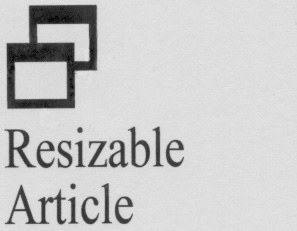![]()

The Year 2001
Essay for
9th-grade English class
Written October 5, 1961
![]()
I have been wondering for the past year about the way people will be pronouncing dates in the twenty-first century, such as March 24, 2008.
If we continue our present system which tells us to pronounce 1961 as nineteen-sixty-one, 2008 would be twenty-oh-eight. However, it appears more natural to call it two thousand eight.
I conducted a rather unscientific poll last week (only a few freshman boys were questioned) and found that among these people the "two-thousand" method will probably be used up to a certain point. This point may be 2010, or it may be delayed until 2100 (in which case none of us will still be around to see it); but when we reach this point we will go back to our present method (twenty-ten, twenty-one hundred).
Do you agree?
|
Update from the twenty-first century (written August 3, 2005)... I now predict that the switchover will happen on January 1, 2010. Before that, most people will say two thousand nine, because twenty oh nine seems awkward and twenty nine means 29. After that, most people will find it easier to say twenty ten. But old habits being hard to break, there will be many who will continue to use the two thousand ten form for years, even decades. By the way, why was I wondering about this topic as early as 1960? Because until then, all the years that I could remember had been nineteen-fifty-something. Even checkbooks, in the blank for the date, helpfully gave you the first three digits as in "195_." But now the year was nineteen-sixty-something, and new checkbooks merely offered "19__." The whole world was different. How much greater would be the change when even the "19" went away? |
|
Another update (written July 15, 2007)... Here's a reaction to the last update from Dan Golus from Irvine, California, who e-mails me in part:
Dan and I appear to agree that people will switch back to the two-part method for the years 2010 and later. For most (but not Dan), the year 2009 will be two thousand nine. The year 2010 will be twenty ten. But he hopes that once the two-part method is restored, people will begin using it retroactively for dates in the current decade, "the hundreds."
I'm not so sure. I recall old-timers in my youth who referred to '07 (meaning 1907) as "aught seven," the archaic form that they had actually used in nineteen-aught-seven. If the natural way to say 2007 seemed at first to be two thousand seven, that will continue to be the natural way. Old habits may never die, and this generation may call this year two thousand seven for the rest of our lives. |
